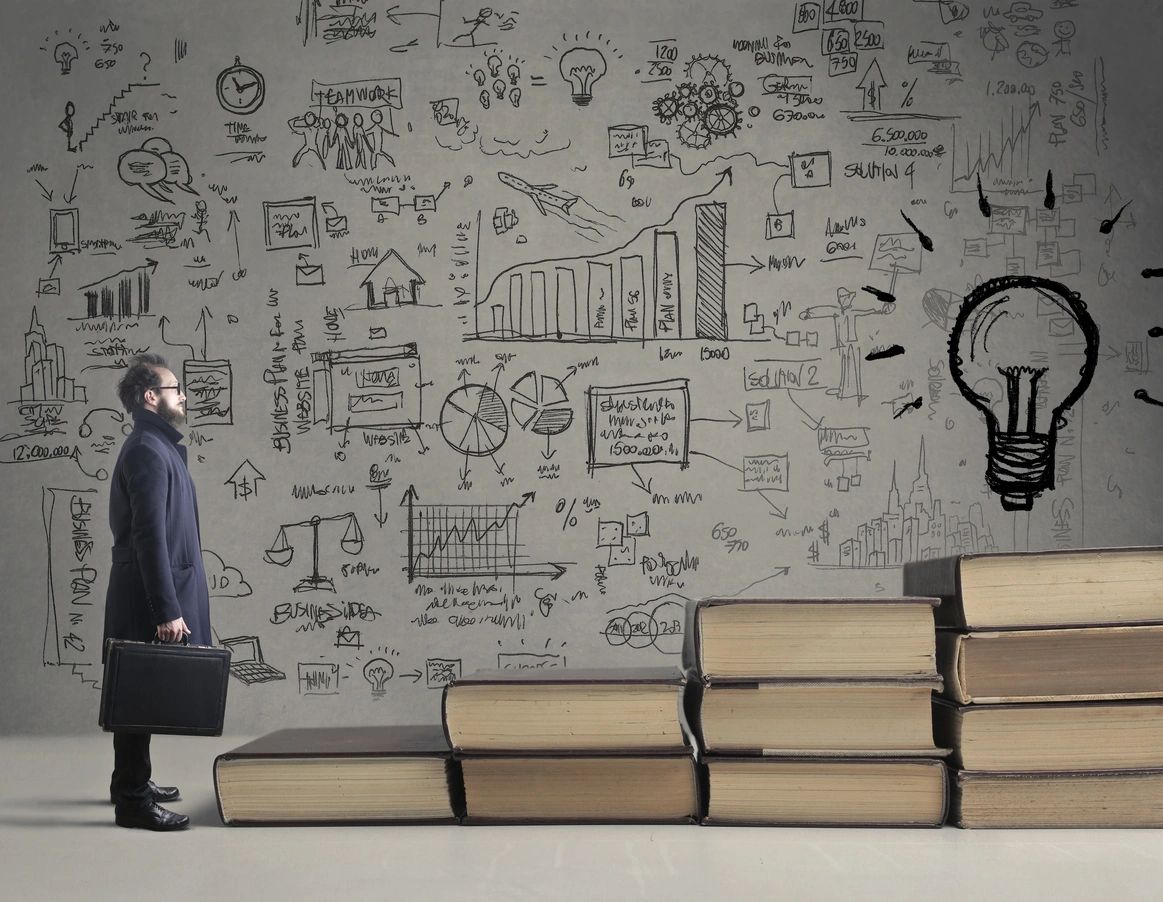
Often, I have conversations with students who are looking for ways to improve their piano playing skills. And I would let them know that beyond just practicing pieces for performance/examinations, there are in fact many other musical activities that one could do after class hours that would go hand-in-hand in making one a well-rounded musician. Here are five self-directed musical activities that I highly encourage students make time for:
1. Listen to recordings
Listening to recordings of other pianists can help you develop an appreciation for different styles and interpretations. When listening, try to focus on the details of the music, such as the phrasing, dynamics, and articulation, and consider how these elements contribute to the overall effect of the piece.
You can also research the composer, the era in which the piece was written, and the background of the performer to learn more about the music and the cultural context in which it was created. It would be best if you had the score with you as well. Most of these scores are available for free at free: https://imslp.org/
Apart from listening to piano music, you could also explore different genres of music – beyond the pieces you are familiar with, such as orchestral music, chamber music, jazz, blues, pop, or world music. By exploring different genres, you can learn new techniques, styles, and approaches that can enhance your own playing.
2. Attend live performances
By attending live concerts, you can observe how other musicians engage with the audience, convey emotion through their playing, and interpret the music in their own unique way. You can also learn about stage presence and performance techniques that can enhance your own playing. Before attending a concert or recital, try to learn a bit about the performers and the pieces they will be playing, and come with an open mind and a sense of curiosity.
3. Improvise and Compose
This activity involves creating your own music or improvising on existing pieces. By improvising or composing, you can develop your creativity, learn how to develop your own ideas, and gain a better understanding of the music you are playing. This can also help you develop your ear and musical intuition, which can enhance your overall musicianship.
4. Read about music and music history
By reading about music, you can gain a deeper understanding of the context and history of the music you are playing, and learn about the lives and works of other musicians. In fact, learning about the history of music can also give you a greater appreciation of the art form and its many traditions.
By studying different eras and styles, you can develop a deeper understanding of the context in which different pieces were created, and how musical styles have evolved over time. This can spark your curiosity about different musical genres and cultures. This can help you develop a more nuanced and informed approach to your own playing.
5. Collaborative Playing
Playing with others can be a highly rewarding and engaging experience. It can encourage you to be more curious about different instruments and how they work together to create a cohesive sound. It can also help you to develop important skills, like listening, communication, and teamwork.
Above all, be curious!
Curiosity has always been one of the key driving forces behind all great human achievements. It is the spark that ignites our passion, that leads us to explore and discover new things. And when it comes to music, curiosity is no less important.
When we approach music with curiosity, we open ourselves up to new perspectives. We become students seeking to understand its intricacies and to connect with the emotions that it evokes. We become more aware of our emotions, more attuned to the beauty and complexity of the world around us. We begin to see and appreciate the subtle nuances in the sounds we hear, and we develop a deeper sense of empathy and understanding. Embracing our curiosity, thus, allows music take us on a journey of self-discovery and transformation. And this would thus inevitably take our musicianship to the next level.

